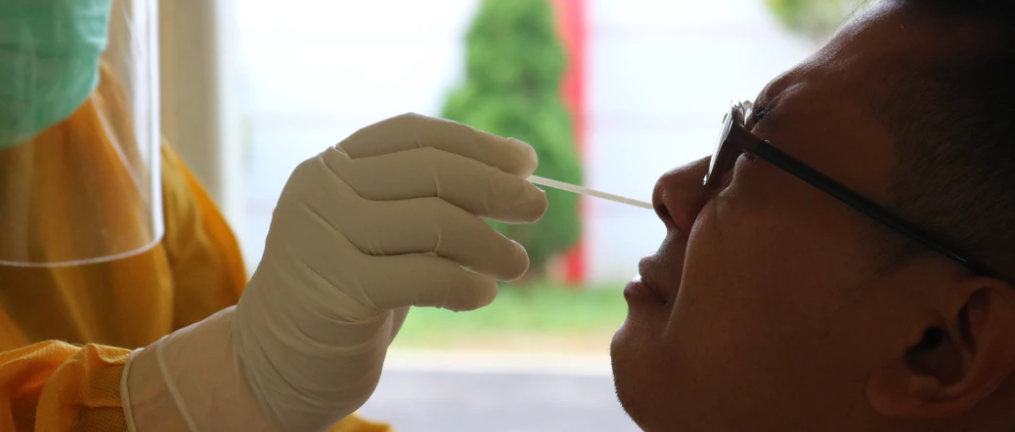Let’s start at the beginning. Health outcomes can vary for no other reason than where people are born. And this isn’t even a “developed” vs. “developing” country distinction. In the US, zip code can be a huge predictor of health outcomes. This has been known for a long time and a major driven force in many health initiatives. For those of us trying to make a dent in community-level conditions, this finding isn’t good.
Further, good health equity research likely pulls from both the research world (so, evidence-based practices) and findings from the field (so practice-based evidence). It’s pretty hard to pull from community-based evidence for a bunch of reasons. Many people don’t publish because of competing priorities. There’s no common organizing database to index results (apart from what standard web crawlers find).
For the time being, I put together another PubTrawlr monthly report to at least catch the peer-reviewed published literature. The good news is that there’s actually multiple journals focusing on the topics. I plotted a good old’ word cloud below.

In addition to the clustering algorithms in PubTrawlr, I’ve also started flagging review articles. Systematic reviews can be a really good place to start when engaging with any new topic. The International Journal for Equity in Health has been publishing a ton of reviews over the past month. That indicator article looks particularly useful in a lot of the work I’m doing with the WE in the World team.

In terms of the topics, a lot of articles coming out of NCI, which also has a really really strong implementation science push. They fund a ton of research grants, research centers, and fellowships.

Okay, but what about the grey literature? This is where we can find other work that doesn’t make it’s way into indexed databases. Sorry, everyone: this is an open problem. It’s extremely difficult to collect “everything” in a way that adds to a synthesis project. We’re currently identifying different databases and APIs that allow us to incorporate grey findings into our synthesis. However, one of the major barriers is how to automate a quality check, since a grey source likely will have not undergone peer review. Not that peer review is the be-all, end-all, but it’s currently the best method that we have for ensuring quality prior to dissemination. But, if you have any ideas, we have room for you at PubTrawlr –> contact me at jon [at] pubtrawlr.com
Read the full analysis over at PubTrawlr, and don’t forget to sign up for an account; it’s free! Safe Harbor, our brand new dynamic discussion board, awaits!
Another great photo from unsplash as the header. Credit to Mufid Majnun.

